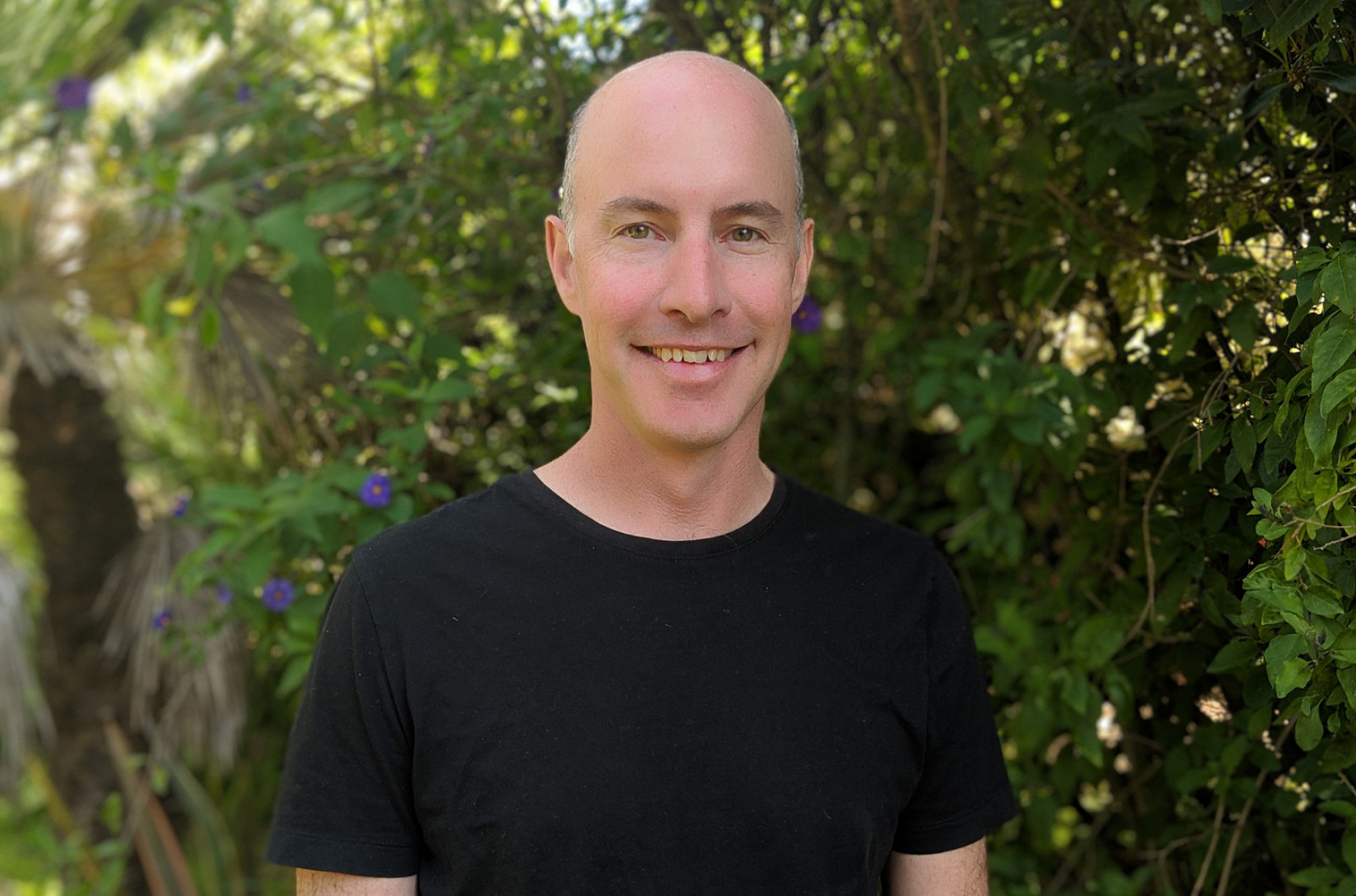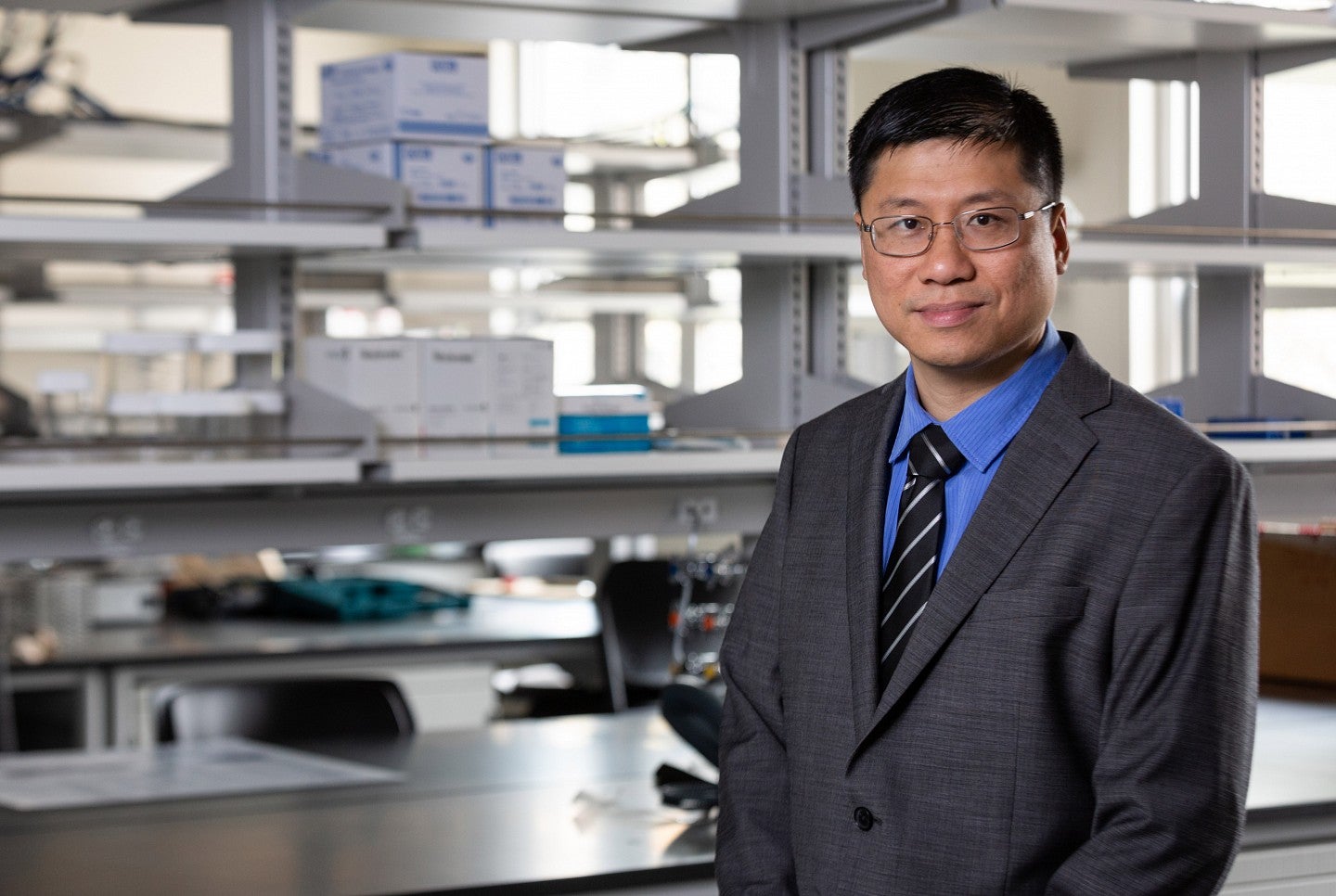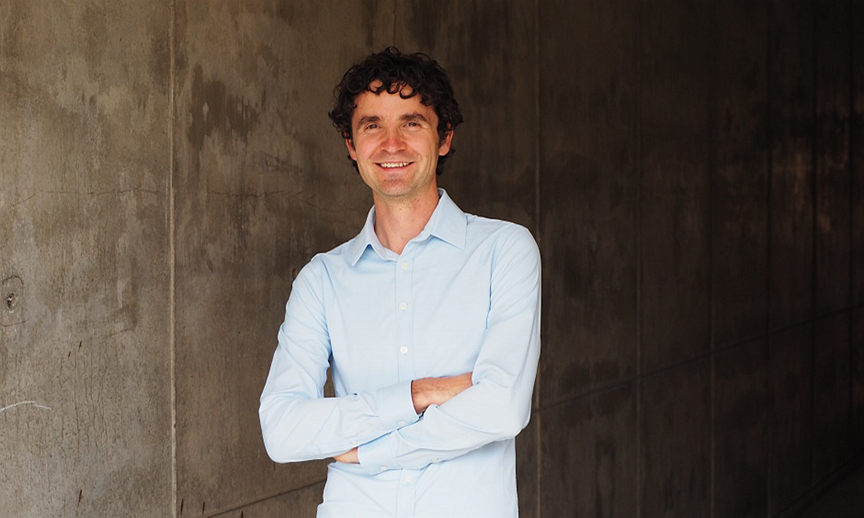New Faculty Hires at Knight Campus
In 2019, the UO announced four new faculty hires for the Knight Campus. “These individuals represent tremendous additions of talent to the Knight Campus,” said Robert Guldberg, vice president and the Robert and Leona DeArmond Executive Director of the Knight Campus. “Collectively they create a strong foundation for the future.”

Tim Gardner is a highly regarded neuro-engineer with a track record of success in academics and commercialization. He joined the Knight Campus in June 2019. Most recently, Gardner co-founded the Elon Musk-funded startup, Neuralink, which builds high-resolution brain interfaces for humans. Before Neuralink, he led Boston University's Laboratory of Neural Circuit Formation.
Throughout his career, Gardner has worked at the interface of neuroscience and technology and successfully translated his work into a commercial venture, maximizing the impact of his university research. His numerous awards and honors include National Institutes of Health Brain Initiative grants and membership in the National Academy of Inventors.

Before joining the Knight Campus in the summer of 2019, Keat Ghee Ong was the Portage Health Foundation Endowed Professor of Technological Innovations in Health in the department of biomedical engineering at Michigan Technological University.
His research centers around implantable sensors, wireless sensors, electronic devices, and magneto-elastic materials. He was involved in the development and implementation of a number of wireless sensor technologies including magneto-elastic resonant sensors and inductive-capacitive resonant circuit sensors for biomedical applications. Currently, he focuses on the development of “smart implants”, which are based on wireless sensor/actuator platforms that monitor physiological conditions in real time and also react and adapt to changes for improving treatment outcomes.

Calin Plesa joined the Knight Campus in June 2019 as an Assistant Professor. Plesa’s research interests lie at the intersection of biochemistry, protein engineering, microbiology, synthetic biology, genetics and technology.
Currently, Plesa’s work primarily focuses on large-scale gene synthesis, which plays an important role in functional characterization of DNA sequences and for the development of synthetic biology. He developed a method called DropSynth, which allows the generation of large libraries of thousands of genes and functional testing of all possible mutations at relatively low cost. This opens many new avenues of research and potential applications previously deemed too expensive.

Marian Hettiaratchi will join the Knight Campus in January 2020. She is currently a post-doctoral fellow at the University of Toronto where her research focuses on combining chemical and biomedical engineering approaches to create effective biomaterials that can precisely deliver proteins for tissue repair.
Her work involves developing protein delivery vehicles for regenerative medicine by integrating cutting-edge techniques in protein engineering, polymer chemistry, and computational modeling to design versatile, clinically-relevant biomaterials.
